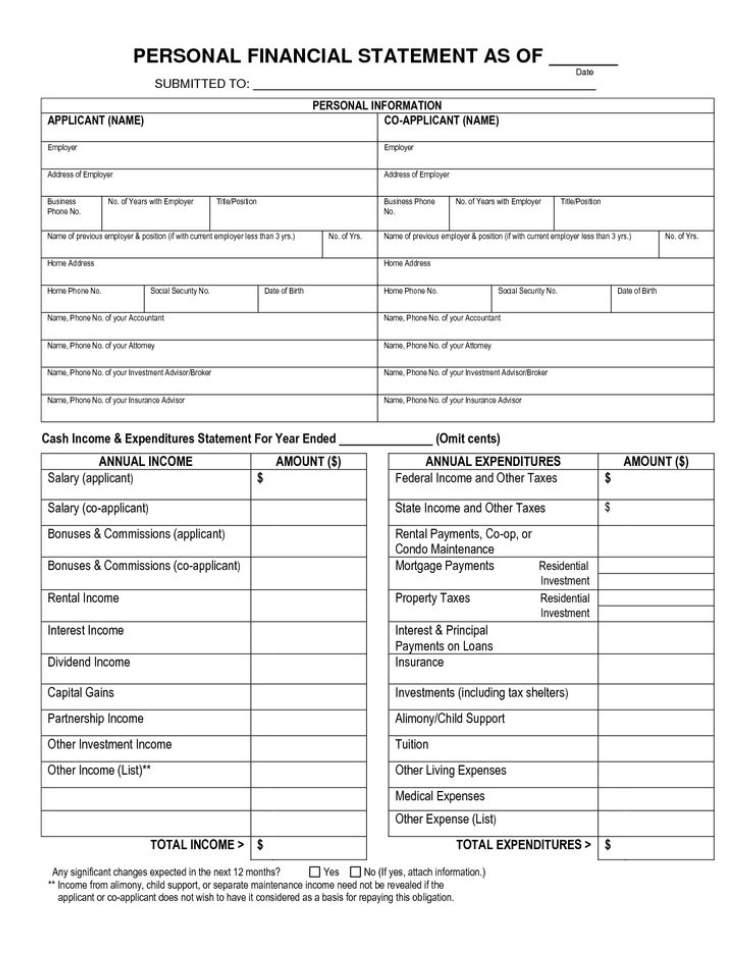In today’s fast-paced and ever-changing world, having control over our personal finances is crucial for achieving long-term financial success. Whether you’re just starting your career or are already well into it, there are essential personal finance tips that can help you make the most of your money and secure a stable future. In this article, we will explore seven tried-and-true strategies that can lead you to financial success and peace of mind.
The Importance of Budgeting
Budgeting plays a crucial role in achieving financial success and stability. By effectively managing your money and expenses, you can take control of your finances and work towards your financial goals. Here are some reasons why budgeting is important:
1. Helps you track your spending
Creating a budget allows you to keep track of your income and expenses, enabling you to see where your money is going. This helps you identify areas where you may be overspending and allows you to make necessary adjustments to meet your financial goals.
2. Enables you to save money
By budgeting, you can allocate a portion of your income towards savings. Saving money is essential for future investments, emergencies, or achieving long-term financial goals.
3. Provides financial security
Having a budget ensures that you have enough money to cover your essential needs, such as housing, food, and utilities. It helps prevent overspending and ensures that you have funds set aside for unexpected expenses or emergencies.
4. Helps you prioritize your goals
When you create a budget, you can identify your financial goals and allocate funds towards them. Whether it’s paying off debt, saving for a down payment on a house, or planning for retirement, budgeting helps you prioritize your goals and work towards them systematically.
5. Reduces stress
Having a budget gives you peace of mind knowing that you are in control of your finances. It eliminates the stress and worry of living paycheck to paycheck and enables you to make informed decisions about your money.
6. Helps you avoid debt
By keeping track of your expenses and sticking to your budget, you are less likely to spend more than you earn and fall into unnecessary debt. Budgeting helps you live within your means and avoid financial troubles.
7. Allows you to plan for the future
With a budget, you can plan for future expenses, such as vacations, major purchases, or education. It enables you to set aside money in advance, ensuring that you won’t have to rely on credit or loans to fund these expenses.
In conclusion, budgeting is essential for financial success. It helps you track your spending, save money, provide financial security, prioritize your goals, reduce stress, avoid debt, and plan for the future. By taking control of your finances through budgeting, you can achieve financial stability and work towards a financially successful future.
Saving and Investing for the Future

In today’s fast-paced world, it is crucial to develop good financial habits and plan for the future. One of the key aspects of financial success is saving and investing wisely. By understanding the importance of saving and making smart investment choices, you can secure a better future for yourself and your family. Here are 7 essential personal finance tips to help you achieve financial success:
1. Set Financial Goals
Start by setting clear financial goals for yourself. Whether it’s saving for retirement, buying a house, or paying off debts, having specific goals will keep you focused and motivated.
2. Create a Budget
Develop a monthly budget to track your income and expenses. This will help you gain control over your finances and identify areas where you can cut back on unnecessary spending.
3. Build an Emergency Fund
Life is full of unexpected events, so it’s important to have an emergency fund. Aim to save at least 3-6 months’ worth of living expenses in a separate account for any unforeseen circumstances.
4. Pay Off High-Interest Debts
If you have any high-interest debts, such as credit cards or personal loans, focus on paying them off as quickly as possible. The sooner you eliminate these debts, the more money you’ll save on interest payments.
5. Diversify Your Investments
Investing is a great way to grow your wealth, but it’s important to diversify your investments to minimize risk. Consider spreading your investments across different asset classes, such as stocks, bonds, and real estate.
6. Take Advantage of Employer Benefits
If your employer offers benefits like a retirement savings plan or matching contributions, make sure to take full advantage of them. These benefits can significantly boost your savings and help you achieve your long-term financial goals.
7. Educate Yourself
Stay informed about personal finance and investment strategies. Read books, attend seminars, or seek guidance from financial advisors to enhance your knowledge and make informed decisions.
By following these essential personal finance tips, you can pave the way towards financial success and create a secure future for yourself and your loved ones.
Managing Debt and Credit
When it comes to personal finances, managing debt and credit plays a crucial role in ensuring financial success. By effectively managing these aspects, individuals can avoid unnecessary debt, maintain a good credit score, and achieve their financial goals. Here are some essential tips to help you manage your debt and credit:
1. Create a Budget
Start by creating a budget to get a clear understanding of your income and expenses. This will help you prioritize your spending and allocate funds for debt repayment. Make sure to include all debts, such as credit card balances, loans, and mortgages, in your budget planning.
2. Pay on Time
One of the most important factors in maintaining good credit is paying your bills on time. Late payments can negatively impact your credit score and result in additional fees or higher interest rates. Set up reminders or automatic payments to ensure you never miss a payment.
3. Minimize Credit Card Usage
While credit cards can be useful, excessive usage can lead to high-interest debt. Try to limit your credit card usage to essential expenses and always aim to pay off the balance in full each month to avoid interest charges.
4. Prioritize Debt Repayment
If you have multiple debts, focus on paying off high-interest debts first. This will save you money on interest payments in the long run. Consider strategies like the debt avalanche or debt snowball method to accelerate your debt repayment.
5. Consolidate and Negotiate
If you’re struggling to manage multiple debts, consider consolidating them into a single loan with a lower interest rate. Additionally, don’t hesitate to negotiate with lenders to lower interest rates or establish more manageable repayment plans.
6. Regularly Monitor Your Credit
Check your credit report regularly to identify any errors or fraudulent activities that could harm your credit score. By monitoring your credit, you can take immediate action to rectify any issues and protect your financial reputation.
7. Seek Professional Help if Needed
If you’re facing significant financial difficulties, don’t hesitate to seek professional help from credit counseling agencies or financial advisors. They can provide guidance and help you develop a personalized plan to overcome your debt and improve your credit.
Conclusion
In conclusion, these 7 essential personal finance tips are crucial for achieving financial success. By implementing these strategies, individuals can take control of their finances and work towards a secure and prosperous future.
Firstly, budgeting plays a vital role in managing personal finances effectively. By creating a budget and tracking expenses, individuals can identify areas where they can cut back and save money. This enables them to allocate funds towards savings and investments, ensuring a stable financial future.

